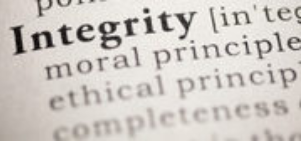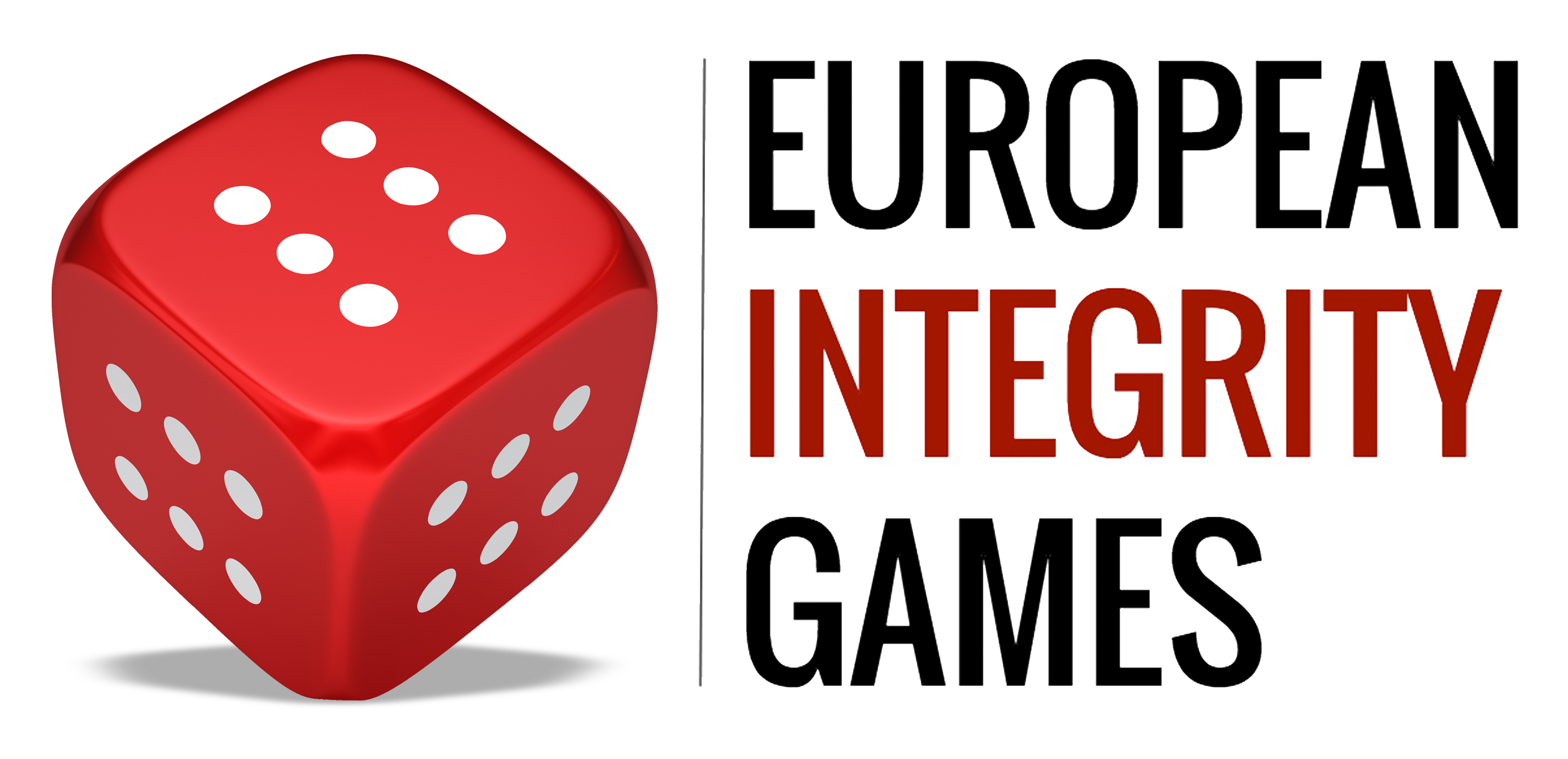Integrity: what is at stake?
76% of Europeans believe corruption is widespread.
Eurobarometer
Europeans are deeply worried about corruption; in a recent Eurobarometer survey, 76% of Europeans said they believed corruption to be widespread, while more than half (56%) said the level of corruption in their country had increased over the past three years. However, the question of integrity is not often given a visible space for discussion. How can we stimulate involvement among Europeans towards the construction of a fairer society? How could we best utilise economies of knowledge and innovation to develop creative tools to question integrity? These are some of the questions that the European Integrity Games intends to provide answers to.
What is integrity?

Integrity can mean, in one sense, “the quality of being honest and having strong moral principles”, but can also mean “the state of being whole and undivided” (OED). Integrity is therefore a quality of both the individual and the community. Indeed, the form of integrity we are concerned with here, integrity of the social structure, cannot exist with just one form of integrity or the other, personal or communal, but rather necessitates both.
Integrity is one of the most sensitive topics for EU citizens
Since 2010, La Transplanisphère has developed several European cooperation projects applying art to social issues. During these experiences, along with their European partners, they realised that the Integrity topic is one of the most sensitive for EU citizens, as it profoundly affects their perception of European societies and how they imagine their future role within those societies. Together, the partners identified common values: autonomy and socialisation, participation in social life, search for personal emancipation, and the fight against exclusion. With these values in mind, the Euroopean Integrity Games sets out to create tools for the European public to explore the sensitive, complex, and vitally important question of Integrity.
Issues explored
What is corruption?
Why do anti-corruption programs often fail?
What can governments and active citizens do to fight corruption?
Where and why does corruption happen?
What makes corruption a transnational and cultural issue?
